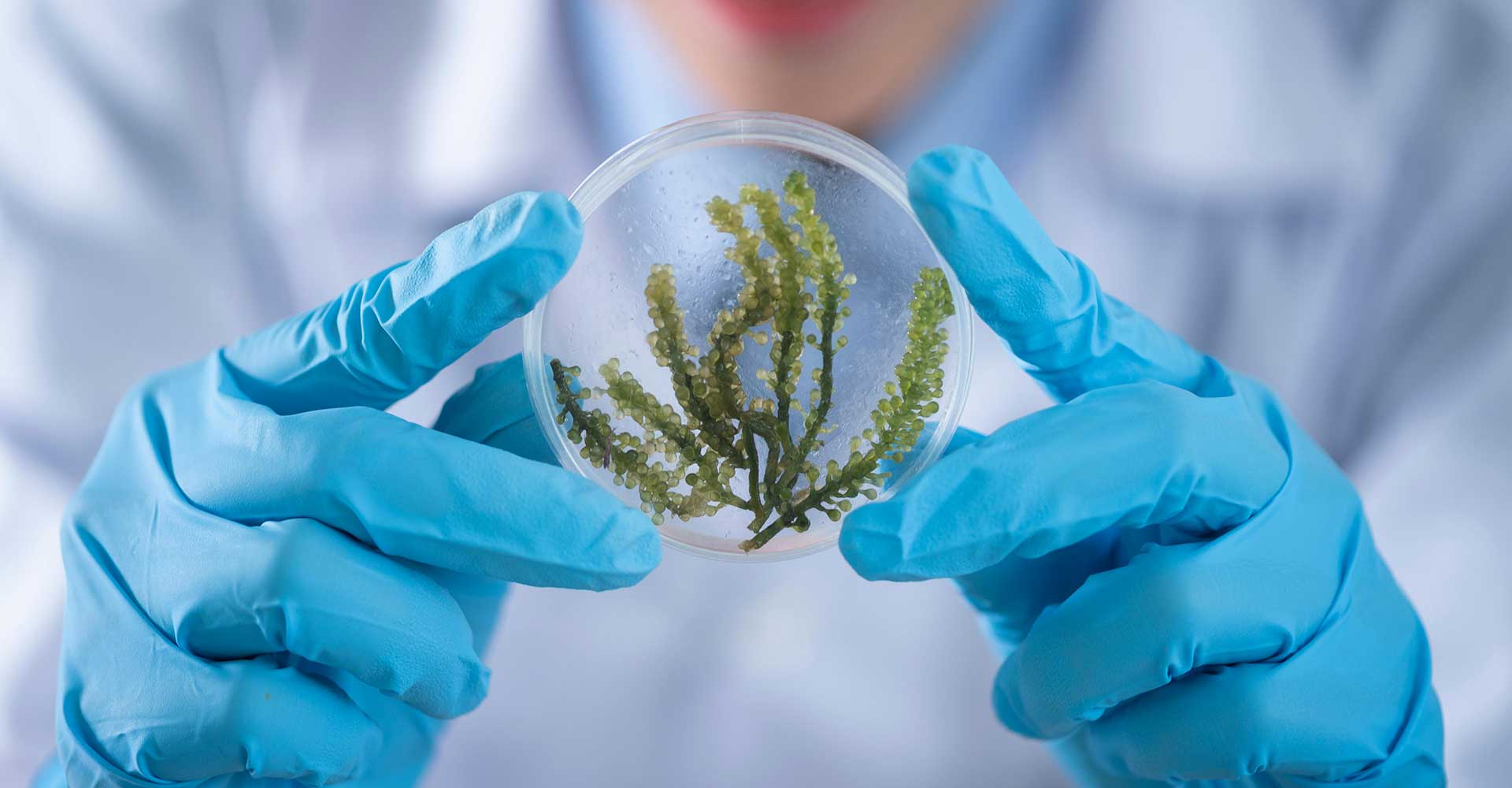The Wnt signaling pathway is a very conserved signaling pathway during early biological development. In the normal Wnt signaling pathway, the binding of Wnt ligands to receptors Frizzled and LRP5/6 can inhibit the degradation complexes composed of APC, so that β-catenin in the cytoplasm can be stabilized and accumulated,

The Wnt signaling pathway is a very conserved signaling pathway during early biological development. In the normal Wnt signaling pathway, the binding of Wnt ligands to receptors Frizzled and LRP5/6 can inhibit the degradation complexes composed of APC, so that β-catenin in the cytoplasm can be stabilized and accumulated, and further enter the nucleus. TCF/LEF binds to turn on transcription of downstream genes. Abnormally activated Wnt signaling is no longer regulated by degradation complexes and is closely related to the occurrence and development of various tumors, especially the mutation of APC, a key molecule in Wnt signaling, can directly lead to colon cancer. The Wnt signaling pathway, especially the downstream β-catenin/TCF4 transcription complex, is a drug target emerging in recent years for the treatment of colon cancer and other cancers.
On February 15, the international academic journal Cell Research published online the latest research results of Li Lin's research group from the Institute of Biochemistry and Cells, Shanghai Academy of Biological Sciences, Chinese Academy of Sciences. In this work, Wei Wang et al. discovered a new small molecule inhibitor of Wnt signaling pathway, 15-oxospiramilactone, and initially revealed its mechanism of action and potential for the treatment of colon cancer.
NC043 (15-oxospiramilactone) is a semi-synthetic terpenoid derived from Spiraea japonica, a traditional Chinese herbal medicine used to reduce inflammation and relieve pain. Experiments demonstrated that NC043 effectively inhibited the expression of Wnt downstream target genes by regulating the formation of endogenous β-catenin/TCF4 transcription complex. NC043 can arrest colon cancer cells in the G2/M phase, and inhibit the growth of colon cancer cells significantly more than normal colon epithelial cells. The transplanted tumor experiment proved that NC043 can inhibit the colon cancer cell transplanted tumor at a very low dose, and has no effect on the body weight of the mice. These experimental results suggest that NC043 has the potential to be a drug lead compound for the treatment of colon cancer. Research on the target and druggability of its direct action is ongoing.
This research project was completed in cooperation with Hao Xiaojiang's research group of Kunming Institute of Botany, Chinese Academy of Sciences, and was funded by the Ministry of Science and Technology, the National Natural Science Foundation of China and the Shanghai Municipal Science and Technology Commission. The achievement has applied for related patents.